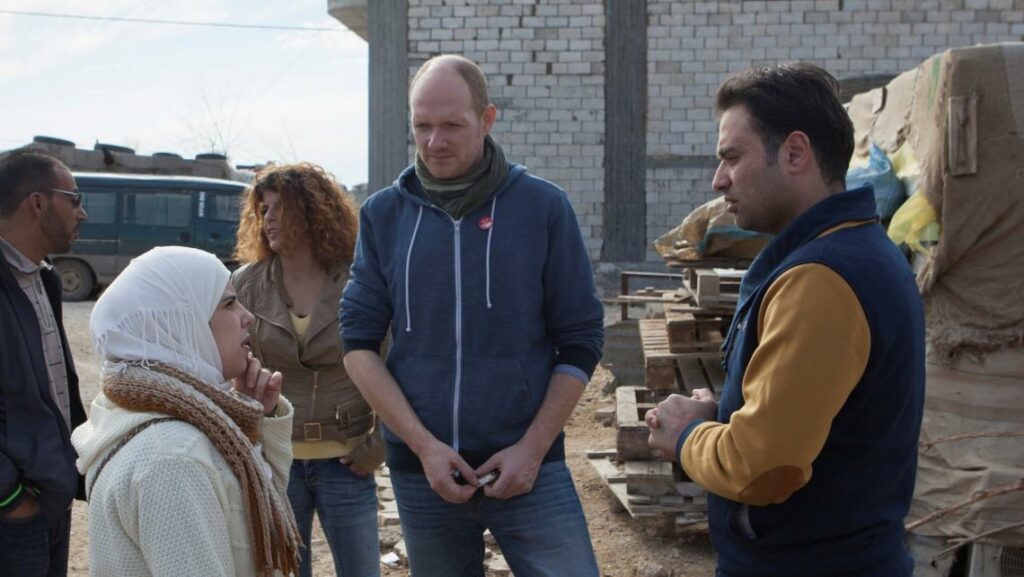Conflict Transformation in Practice: Dialogue & Mediation
Thematic Training for peace and conflict work

Who can register for this training?
The 5-day thematic trainingis offered to practitioners of peace and conflict work, those who intend to work in the field, and are interested learning more about the complexity and dilemmas in the field of dialogue and mediation.
Objectives
- Clarifiy one’s personal and (own organization’s) motivation for engaging in mediation and dialogue
- Understand the values and basic concepts and elements in Dialogue and Mediation
- Become familiar with and have practiced methods and tools for dialogue and mediation
- Reflect on the role and expectations on a mediator/facilitator, personal competencies & one´s own ability & strengths in this
Discern the complexity of different contexts and have come up with personal methods for dealing with complexity and difficulties
Content
Dialogue and mediation are two of the most common means of preventing violence and addressing conflicts in a constructive manner. This training shifts common perspective´s on dialogue and mediation, viewing them as more than just techniques or skills, and rather seeing them as an attitude or lifestyle. Therefore, the training will focus not only on the skills needed to facilitate dialogue processes and mediation but on the fundamental skills and knowledge to work in a diverse and multi-faceted field of peace and conflict. The strengthening of the participants’ sense of self, the awareness of one´s own patterns, attitudes, behaviors, biases, as well as needs and limits, are core issues to the course, not only through a theoretical input, but also through the continuous encouragement of self- and group reflection.
Key Topics
- Clarifying and acknowledging one’s own personal (and organisational) motivation for Dialogue and Mediation
- Getting to know and understand how parties in conflict may perceive outsiders
- Ethics of an intervention
- Understanding meaning and forms of: trust, threat, safe space, and social roles.
- Understanding and becoming familiar with methods of facilitation, mediation, and dialogue.
- Accepting difficulties as given & inevitable, and anticipating and dealing with them.
- Understanding complexity of context and conflict levels, from personal to global.
Methodology
- Reflection on exercises and personal state of mind/emotions are vital part of learning.
- “Power with” is shared in a group where trainers are not above participants, learning is experiential, focus is on participants rather than only on the topic.
- Nonviolence is a basis of any intervention, and part of an approach where everyone is respected as human being.
